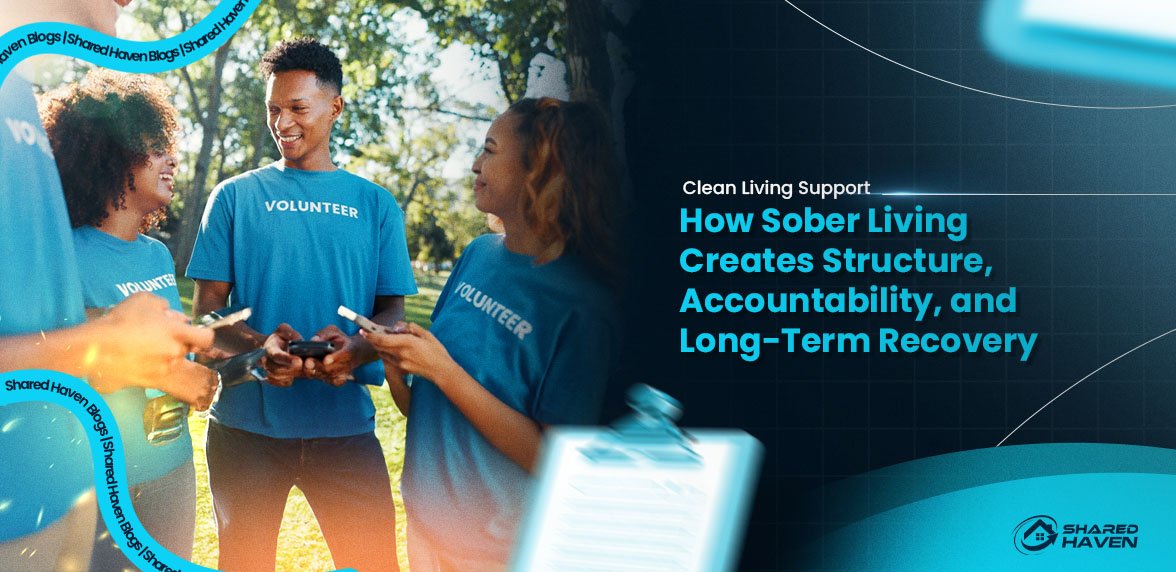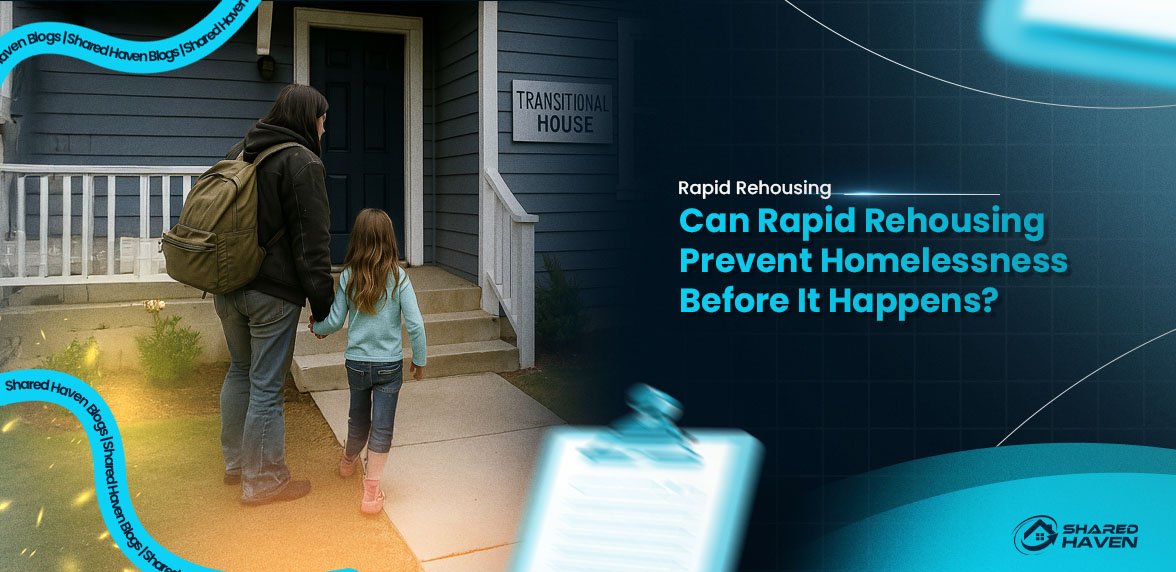What to Expect in Sober Living Houses
Sober Living provides a safe and structured environment for individuals who want long-term recovery. Furthermore, these homes create balance by offering freedom while maintaining accountability. Consequently, every resident agrees to follow clear rules and expectations. Above all, these guidelines protect the community, promote sobriety, and prepare residents for independent living.
Why Sober Living Rules Matter
In essence, rules in Sober Living are not restrictions without purpose. Instead, they are tools that keep the environment stable. Additionally, every resident benefits when the structure is clear. Moreover, rules build discipline, support recovery, and create safety. As a result, when rules are in place, relapse risks decrease, and harmony increases.
Basic House Expectations
First and foremost, every Sober Living home sets rules that all residents must respect. These expectations create consistency across the community. For example, common rules include staying sober, following curfews, and attending meetings. Similarly, everyone must also respect personal space and shared areas. Ultimately, when residents follow these rules, the household becomes cooperative and peaceful.
Substance-Free Environment in Sober Living
Most importantly, the most crucial rule in Sober Living is complete sobriety. Specifically, no alcohol, drugs, or mind-altering substances are allowed. Furthermore, residents agree to random drug and alcohol testing. Therefore, this system ensures that no one places the group at risk. In turn, a sober environment creates trust and allows recovery to remain strong.
Curfews and Daily Schedules
Additionally, curfews are a standard part of Sober Living houses. These curfews help residents stay disciplined and focused. Typically, most homes require residents to return by a set time each night. Moreover, structured schedules also promote accountability. As a result, residents must attend recovery meetings, therapy, or work as part of their daily routine.
Chores and Responsibilities in Sober Living
Similarly, every resident in Sober Living has household responsibilities. For instance, chores include cleaning, cooking, or maintaining common areas. Furthermore, these tasks build accountability and prepare residents for independent living. By sharing work, residents learn responsibility while also supporting each other.
Employment and Productive Activities
In addition, many Sober Living homes require residents to work, attend school, or volunteer. These expectations help residents rebuild purpose in their lives. Moreover, productive activities also reduce idleness, which often leads to relapse. Consequently, with structure, residents build confidence and create healthier routines.
Meeting Attendance Requirements
Furthermore, meeting attendance is a cornerstone of Sober Living. Specifically, residents must attend support groups such as AA or NA. These meetings reinforce accountability and provide community support. As a result, with regular participation, residents gain strength and improve coping skills.
Respect and Conduct Rules in Sober Living
Above all, respect is a non-negotiable expectation in every Sober Living house. Residents must treat each other fairly and kindly. In contrast, disrespect, violence, or threats are not tolerated. Therefore, a respectful environment supports healing and builds stronger community bonds.
Financial Responsibilities
Additionally, residents are expected to pay rent and contribute to household costs. These financial commitments teach independence and responsibility. However, failure to meet obligations can result in removal from the home. Furthermore, consistent payments also prepare residents for future housing stability.
Guests and Visitation Rules in Sober Living
Moreover, guest rules are strict in most Sober Living homes. Generally, visitors are usually limited to specific hours and must respect house policies. In particular, overnight guests are typically not allowed. Therefore, these guidelines protect the recovery environment and prevent outside influences from disrupting stability.
Communication and House Meetings
Regularly, house meetings are held in Sober Living environments. During these meetings, residents review rules, discuss concerns, and plan activities. Furthermore, open communication ensures everyone feels heard. As a result, this process strengthens community and reduces conflict.
Random Testing and Accountability
Additionally, random testing enforces sobriety rules in Sober Living houses. These tests hold residents accountable to their commitment. Furthermore, regular monitoring keeps the environment safe and ensures residents remain dedicated to recovery.
Common Consequences for Rule Violations
When rules are broken, violating Sober Living rules often results in consequences. For example, these may include warnings, fines, or in severe cases, removal. Therefore, clear consequences help enforce accountability. As a result, residents quickly learn that rules are essential for protecting recovery.
The Role of a House Manager in Sober Living
Typically, most Sober Living homes employ a house manager. This person oversees daily operations and ensures rules are followed. Additionally, the house manager also provides support and guidance. Consequently, their leadership creates consistency and trust within the community.
Why Consistency Is Key
Furthermore, consistency makes rules effective in Sober Living environments. Without consistent enforcement, rules lose meaning. Therefore, residents feel safer and more supported when expectations remain steady. As a result, a consistent environment allows recovery to thrive.
Balancing Freedom and Responsibility in Sober Living
Notably, Sober Living houses balance independence with structure. Residents enjoy freedom compared to rehab centers, but with responsibilities. Therefore, this balance prepares individuals for life outside the home. Additionally, rules ensure freedom does not interfere with recovery.
Preparing for Independent Living
Ultimately, Sober Living is a stepping stone toward independence. Rules prepare residents for future challenges. By following expectations, individuals build habits that last beyond the house. Consequently, this preparation helps reduce relapse risk after moving out.
Building Long-Term Success with Sober Living
In conclusion, the rules in Sober Living are designed for long-term recovery. Each expectation supports growth, accountability, and stability. Therefore, residents who embrace these rules gain skills that support a lifetime of sobriety.
Conclusion
In summary, Sober Living rules are not obstacles. Instead, they are stepping stones toward freedom and long-term success. By respecting expectations, residents protect their recovery and strengthen their futures. Furthermore, every rule serves a purpose, and every expectation creates stability. Finally, with discipline, respect, and accountability, Sober Living becomes more than a place to stay—it becomes a path to independence.
National Hotline for substance abuse





